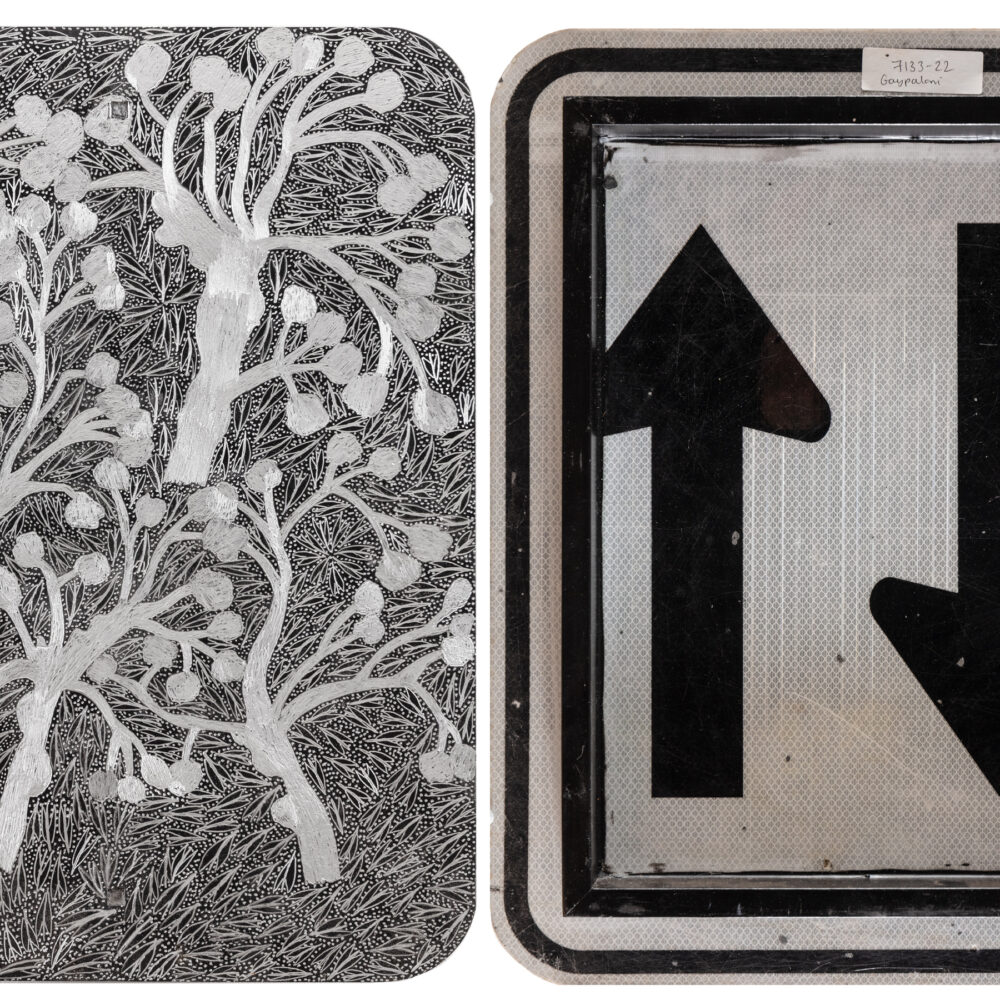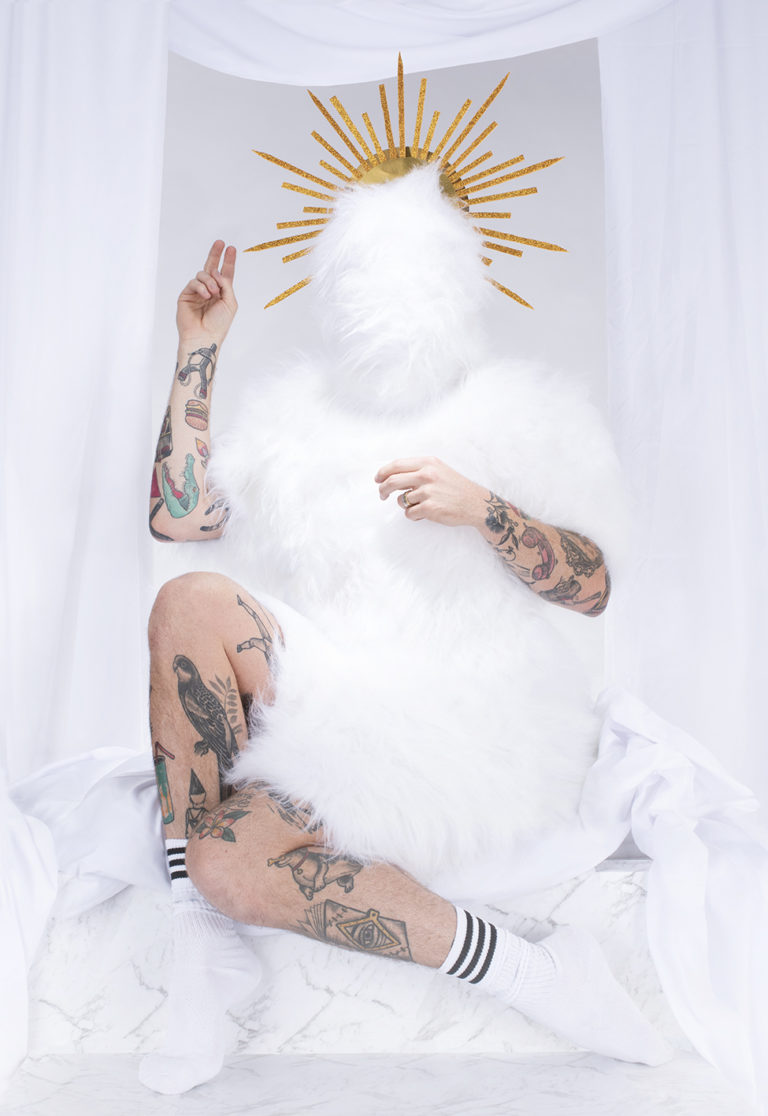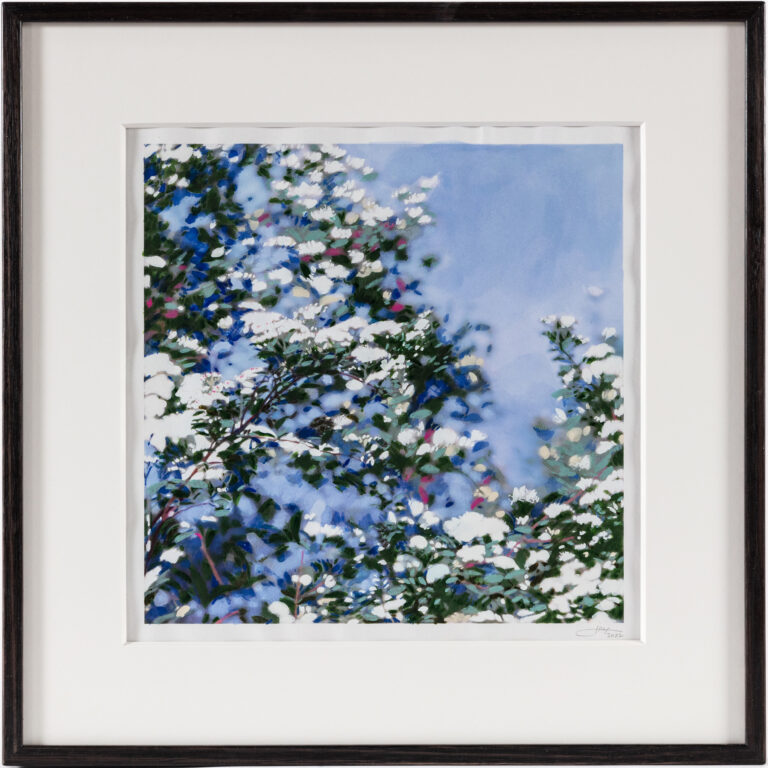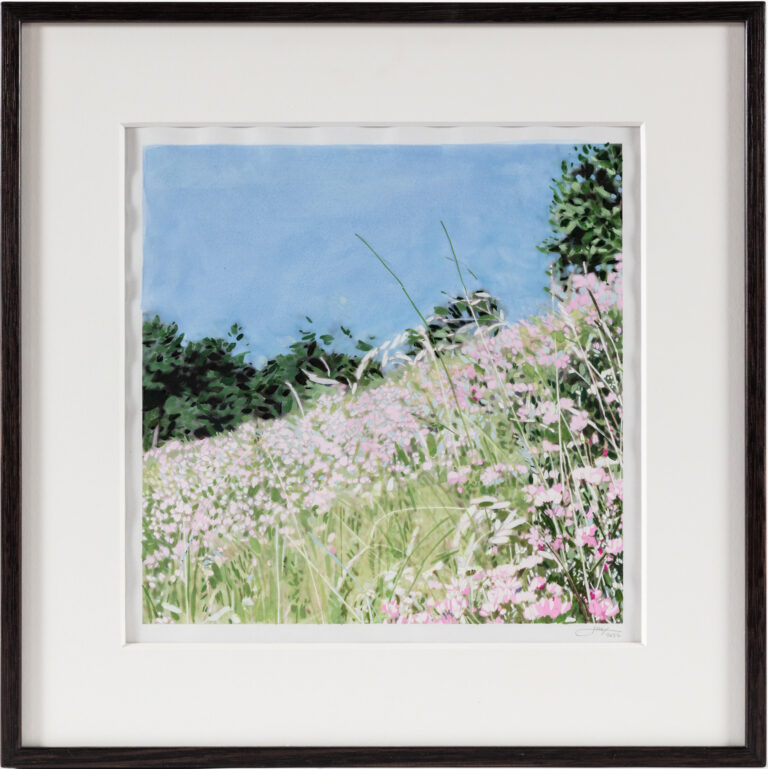



Born Miwirnbi, Arnhem Land, Northern Territory 1980
Djowinge moiety and Djinang people, Northern Territory
Lives and works Maningrida, Northern Territory
Serena Bonson has become recognised for her striking carvings, made with stringybark or cottonwood timber, and sometimes recast in bronze and aluminium. Bonson, whose homelands face the northern islands of Maluku/Moluccas and West Papua, is a rising star from the southern shores of the Arafura Sea. Depicting the important Warraburnburn, a specific Warrawarra clan-associated spirit/devil/ghost, in expertly deployed blackand- white acrylics and ochres, these works of art are significant in collective interpretations of creation narratives and relate directly to specific moiety positions and responsibilities. The Warraburnburn figures hold an essential role in indicating cycles of death, life, transitions and rebirth, being closely associated with the waterhole An-mujolkuwa in the artist’s ancestral territory, as other Wangarra are related to other sites for other clans – Dr Léuli Eshrāghi.
Warraburnburn 1065-22, 2022
$3,560
In stock
Born Miwirnbi, Arnhem Land, Northern Territory 1980
Djowinge moiety and Djinang people, Northern Territory
Lives and works Maningrida, Northern Territory
Serena Bonson has become recognised for her striking carvings, made with stringybark or cottonwood timber, and sometimes recast in bronze and aluminium. Bonson, whose homelands face the northern islands of Maluku/Moluccas and West Papua, is a rising star from the southern shores of the Arafura Sea. Depicting the important Warraburnburn, a specific Warrawarra clan-associated spirit/devil/ghost, in expertly deployed blackand- white acrylics and ochres, these works of art are significant in collective interpretations of creation narratives and relate directly to specific moiety positions and responsibilities. The Warraburnburn figures hold an essential role in indicating cycles of death, life, transitions and rebirth, being closely associated with the waterhole An-mujolkuwa in the artist’s ancestral territory, as other Wangarra are related to other sites for other clans – Dr Léuli Eshrāghi.





